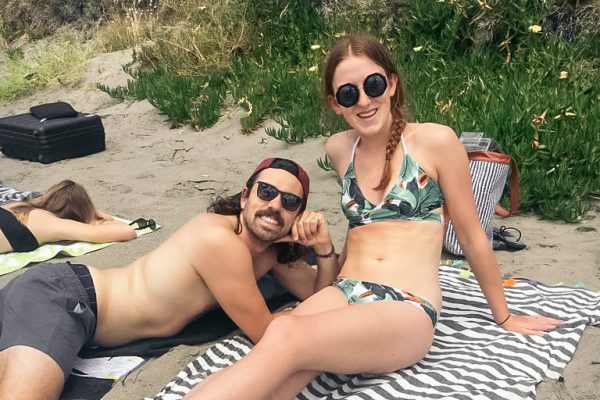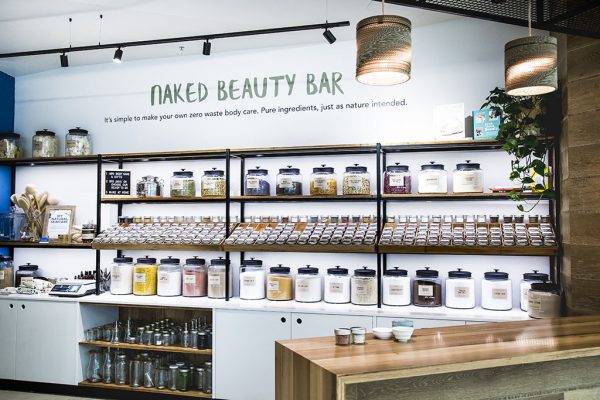There’s nothing more frustrating then witnessing a friend or family member do something environmentally harmful and not being able to speak up.
It’s easy to forget that no one is perfect (I’m definitely not) and we all learn from each other.
It’s equally as frustrating trying to find a way to talk about climate change, without sounding like a complete d*ck.
I’m ashamed to admit that there have been a few eco conversations that I’ve ended up in a cupboard, crying from anger.
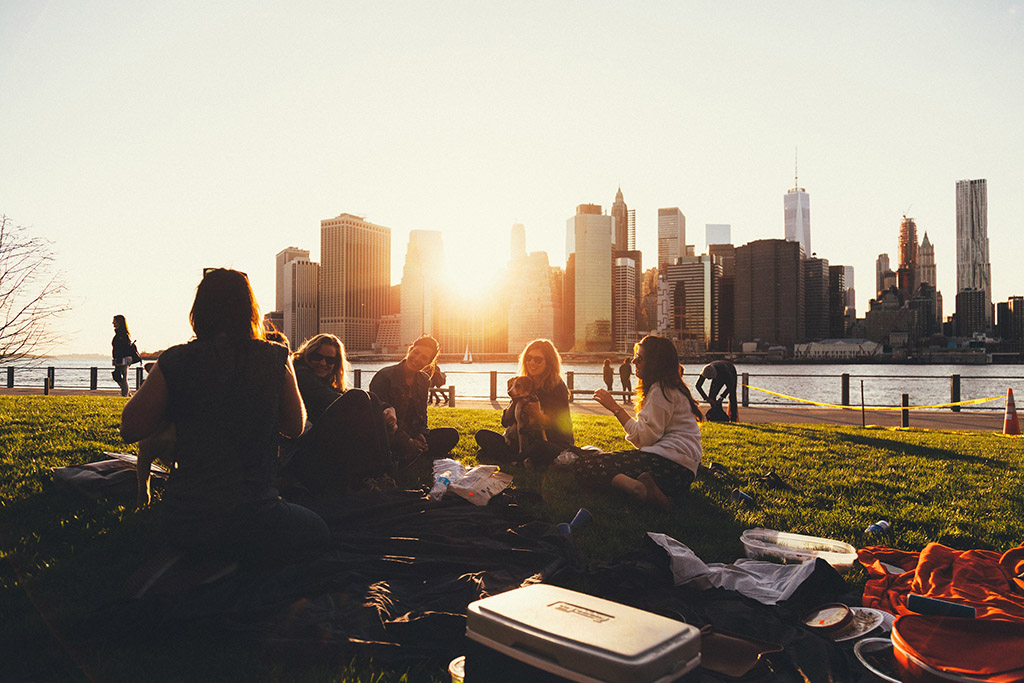
A healthy debate between friends is crucial to developing solid knowledge. I’ve learnt a lot from other people about the environment and finally feel comfortable starting a conversation with others about it.
Here a few ‘how to’ tips on the issue, some have of course been taught to me from other people.
“Together, we will – we must – make the change”
Tamsin Blanchard ‘How To Be A Fashion Revolutionary’.
1. Go to an educational event together
A social educational event together is a non-confrontational way of igniting a conversation. I’ve been to countless events with friends around climate change and social issues that have sparked great conversations; everyone has an interesting point of view!
Transition Films Festival is a great educational film event to attend with friends. The festival occurs in March and May around cities in Australia showcasing documentaries about revolutionary ideas, innovations and change makers. A friend and I actually stopped buying high-street denim after watching ‘RiverBlue’.
Fashion Revolution week is also coming up in April with lots of inspirational events across the globe. If you haven’t heard of it, Fashion Revolution is a movement calling for greater transparency, sustainability, and responsibility in the fashion industry.
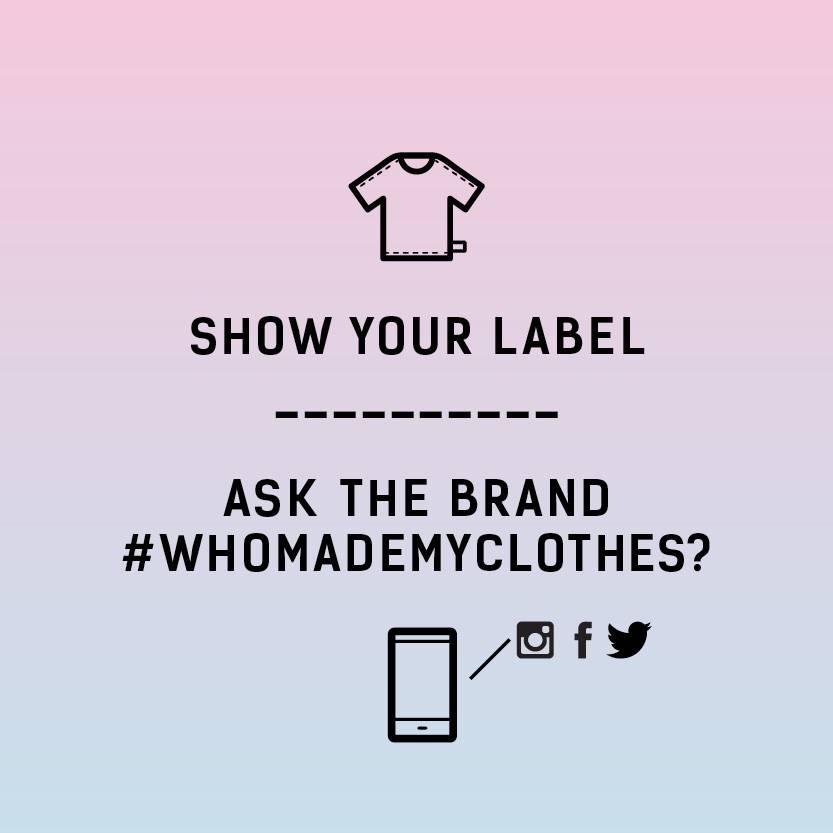
2. Watch an educational show on Netflix
Pretty much the same piece of advice as above, except with less effort.
Thanks to David Attenborough and high-tech film making, learning about the environment is now cool. There are endless beautiful documentaries available to watch that may educate and inspire. Here are 7 Eco Doco’s to Netflix & Chill.
3. Start a blog
As you can tell, I’ve clearly followed this advice and strongly support it!
I was given advice from a smart lady that writing is a great way to collect your own thoughts and voice your opinion. My Mum is probably my only reader of my writing and most of the time I feel like a fraud (I used a disposable coffee cup today cries), but I have noticed a positive change in my mum’s environmental behaviour. Start a free WordPress blog of your own or just re-share articles that you like on social media!
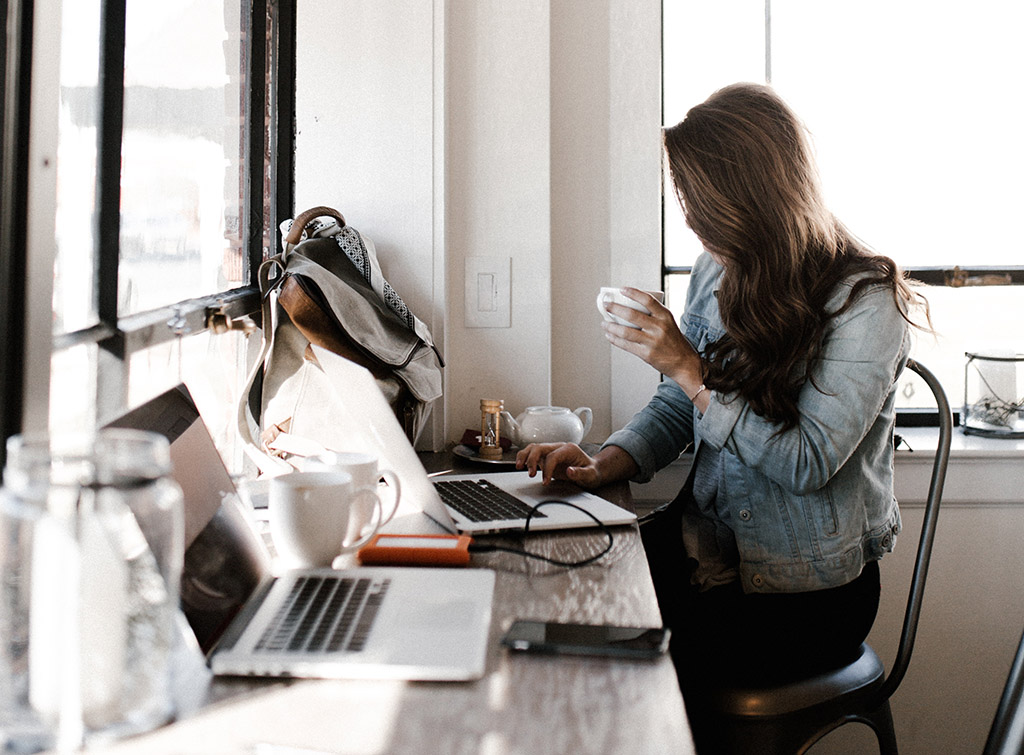
4. Be open-minded
Sometimes being passionate about a topic is blind sighting and hinders two-way conversations.
My partner told me recently that I’m difficult when I oppose someone else’s point of view on a topic that I’m passionate about. Obviously at first I was angry and said he was wrong, then I realised he was completely right. Telling others they are wrong and not having an open conversation is stunting to society and won’t make anyone change (possibly one of the reasons Brexit & Trump happened). It also helps to be well educated yourself and ensure you learn from credible organisations such as National Geographic, New Scientist or the Climate Council.
5. Introduce good products
People should really make up their own mind on products and companies; a little nudge might help though.
For example, once someone is exposed to the dark side of fast fashion, they may turn their backs on high-street chains. Introducing friends to ethical or sustainable products is a great method of education. Go second hand shopping, attend a farmer’s market or swap local & ethical clothing brands.
Images via Fashion Revolution and Unsplash
